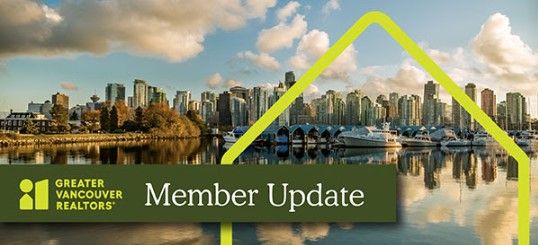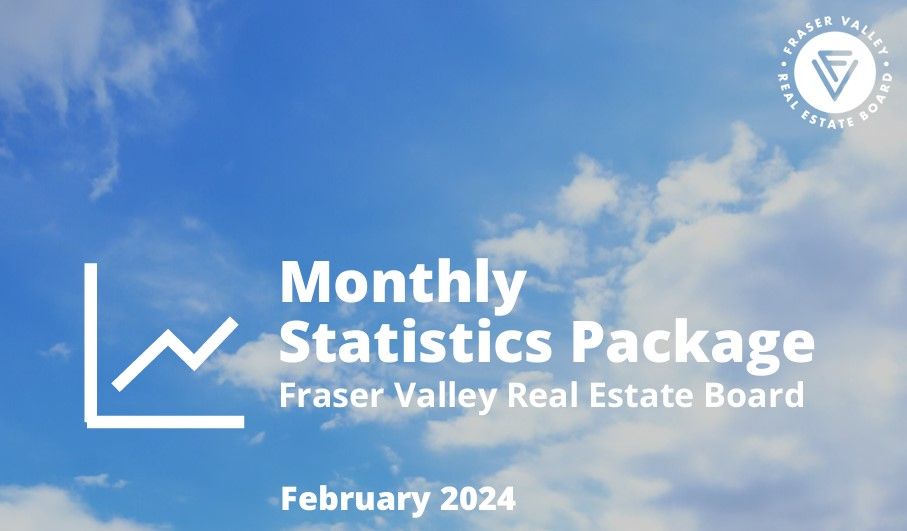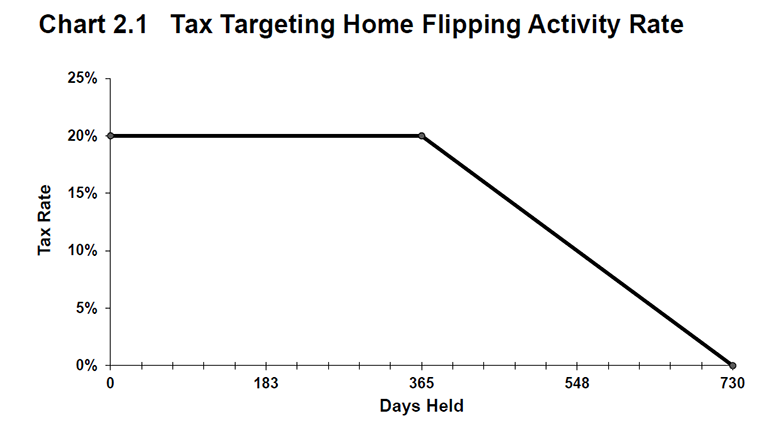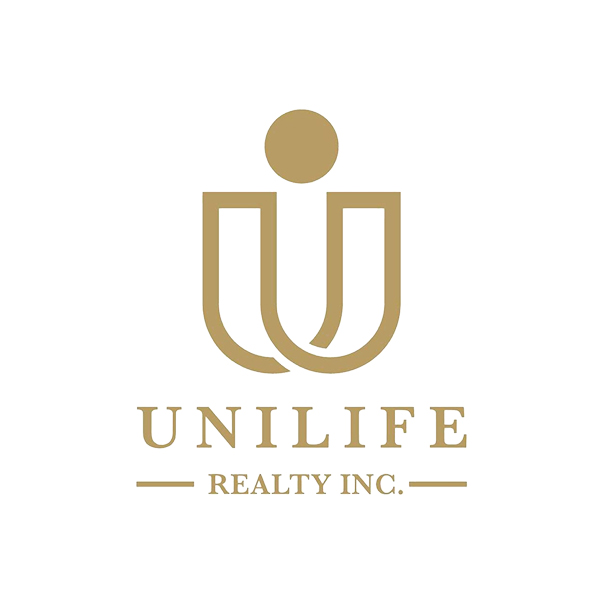Recently, questions from members about strata documentation have focused on whether the information is private, and if so, what the requirements are for keeping it private.
Let’s first take a moment to cite the standards relating to strata documents:
Rules of Cooperation
Rule 6.04 – Strata Properties
“Unless otherwise instructed by the seller in writing,” members shall, “at the time of taking the listing obtain current relevant strata corporation documents including but not limited to two (2) years of strata council minutes and strata corporation minutes, registered strata corporation by-laws, financial statements, registered strata plans, and information concerning special assessments, either proposed or levied.”
In part (b) it says, “Unless otherwise instructed by the seller in writing, the Listing Brokerage shall, upon request by a Cooperating Brokerage after the seller and buyer have an accepted Contract of Purchase and Sale, provide to the Cooperating Brokerage current relevant strata corporation documents including but not limited to those documents referred to in (a) above and a current Information Certificate (Form “B”).”
Part( c) says, “In the event that the Listing Brokerage has received written instructions from the seller not to provide all or some of the documents described in (a) and (b) above to buyers and Cooperating Brokerages, a notation to that effect must be included in the REALTOR® Remarks, and, where the seller is not providing such information directly to buyers and Cooperating Brokerages, the Listing Brokerage shall provide written authority from the seller to the Cooperating Brokerage to obtain the Form “B” and other pertinent information directly from the strata corporation. The responsibility for the cost of these documents should be detailed in the appropriate condition clause in the Contract of Purchase and Sale.”
Rule 3.12 – Consent to Post Documents to the MLS® System
“All Members are responsible for ensuring that prior to posting any documents to the MLS® System, they have secured all the necessary consents to that information being posted.”
The Rule goes on to say in part (b), that unless otherwise instructed by the seller in writing, “a copy of the registered strata plan must be posted by the Listing Brokerage to the MLS® System as an associated document within 24 hours of the listing becoming active on the MLS® System.”
And further, the Rule says, “Where written instructions have been received from the seller not to post the required document(s) under (a) or (b) above, a copy of the seller’s written direction must be posted by the Listing Brokerage to the MLS® System as an associated document within 24 hours of the listing becoming active on the MLS® System.”
The Personal Information Protection Act, Strata Property Act and Real Estate Services Act are also relevant.
Member questions on privacy relate to:
how private the information is in strata docs;
whether members are supposed to keep the information private; and
given that members are required to obtain consents to post documents in the MLS® system, does this mean strata councils can withhold that permission?
These are good questions, indeed.
“Personal information” and whether there is any in the strata documents is something to ponder.
There’s nothing private about some of the strata documents; for example, the registered strata plan and bylaws are posted in a government registry accessible by anyone, anywhere, with the help of a credit card, a mouse, and the Internet.
"Not exactly private, n’est pas? So, no, a strata couldn’t instruct that these types of documents cannot be posted. However, documents containing someone’s personal information that identifies them as an individual are a different matter. "
With these, you must be careful not to post or distribute them unless:
required by our standards (see Rule 6.04), or
you have obtained the necessary consents to post them under Rule 3.12.
The Personal Information Protection Act generally expects that someone’s personal information will be treated with care and kept private, unless consent has been given to reveal it.
For example, strata council meeting minutes and any information in them that would identify an individual owner. Remember, the Personal Information Act applies only to an individual’s personal information, not to the strata corporation’s information. If in doubt, check with your client and your managing broker.
As a general rule, do not post as associated documents strata documents containing someone’s personal information.
Please note: While sellers’ agents are required by Rule 6.04 to make a slew of strata documents available to buyers’ agents, part (b) specifically states this information must be provided only after an accepted contract is in place. Again, that is because some of these documents may contain an individual’s personal information.
In summary, posting some strata documents, for example a strata plan/bylaws/rules and regulations as associated documents, is a good way to manage risk. Privacy considerations shouldn’t be an issue because these documents are already public. Personal information identifying someone is private. Treat it with care.
Top tip
This from a member, perhaps better described as a Realtor rant:
“Who do I talk to about lazy Realtors and their lack of info on the MLS® system?
"Time and time again I look to see what pet restrictions are in place for stratas when I have a buyer with, say, a large dog. Some Realtors don’t mention anything in restrictions. Others put a ‘yes’ or even ‘one dog and one cat.’ When I phone, text, or Touchbase asking if there’s a pet size restriction, I typically get, ‘I don’t know, I’ll send you the bylaws.’ “I then ask, ‘Didn’t you read the bylaws?’ And (point out that), ‘If you did, simply put the restrictions on size or whatever in Realtor comments.’”
“These folks are wasting their colleague’s time and are (in my opinion) lazy. Do your job members, and READ the strata docs and then share pertinent info in the listing!
“Whew, rant over. But can’t we make Realtors do their jobs?”
When I read this, I thought, “It’s a bit blunt,” and I wondered if I should tone the language down a little, but decided not to. It’s a good question to ask ourselves.













